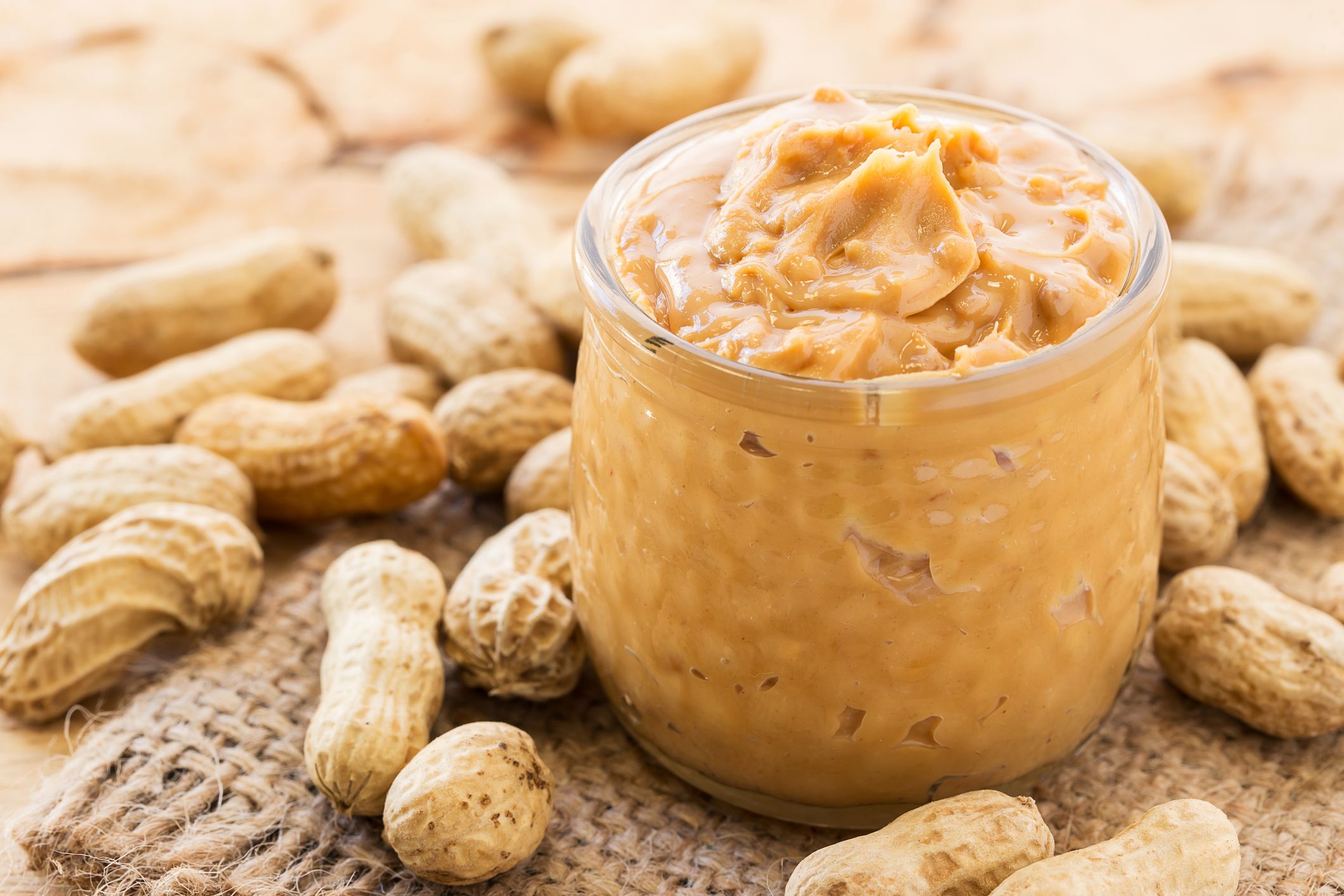Impact of Peanuts and Tree Nuts on Body Weight and Healthy Weight Loss in Adults
Abstract
Nuts (ground and tree) are rich sources of multiple nutrients and their consumption is associated with health benefits, including reduced cardiovascular disease risk.
This has prompted recommendations to increase their consumption. However, they are also high in fat (albeit largely unsaturated) and are energy dense.
The associations between these properties, positive energy balance, and body weight raise questions about such recommendations.
This issue is addressed through a review of the literature pertaining to the association between nut consumption and energy balance. Epidemiological studies document an inverse association between the frequency of nut consumption and BMI. Clinical trials reveal little or no weight change with inclusion of various types of nuts in the diet over 1–6 mo.
Mechanistic studies indicate this is largely attributable to the high satiety property of nuts, leading to compensatory responses that account for 65–75% of the energy they provide.
Limited data suggest chronic consumption is associated with elevated resting energy expenditure resulting in dissipation of another portion of the energy they provide.
Additionally, due to poor bioaccessibility, there is limited efficiency of energy absorption from nuts. Collectively, these mechanisms offset much of the energy provided by nuts. The few trials contrasting weight loss through regimens that include or exclude nuts indicate improved compliance and greater weight loss when nuts are permitted. This consistent literature suggests nuts may be included in the diet, in moderation, to enhance palatability and nutrient quality without posing a threat for weight gain.
Link: https://academic.oup.com/jn/article/138/9/1741S/4750849
Date: 01 September 2008
Source: The Journal of Nutrition
Authors:
Richard D. Mattes, Penny M. Kris-Etherton, Gary D. Foster
Author Notes
The Journal of Nutrition, Volume 138, Issue 9, September 2008, Pages 1741S–1745S,
Nutrigenomics Institute is not responsible for the comments and opinions included in this article






